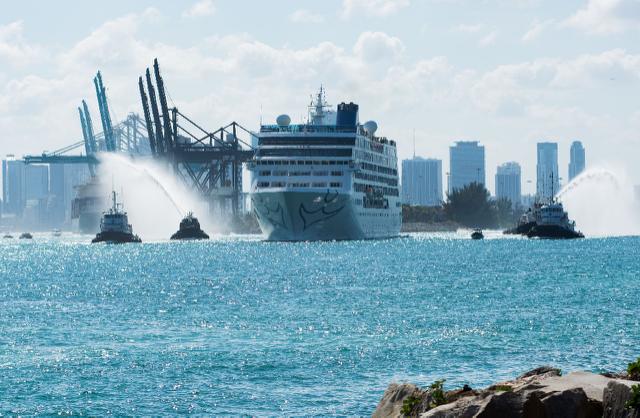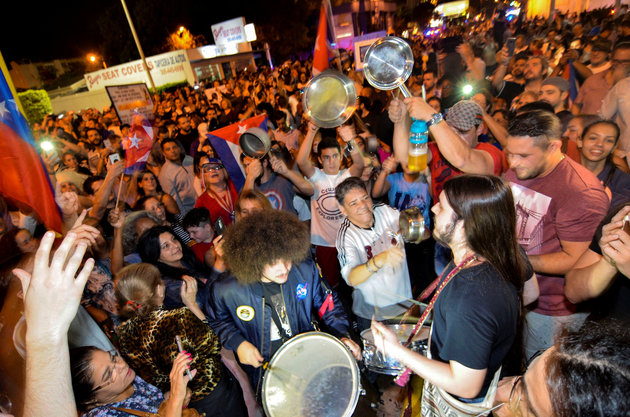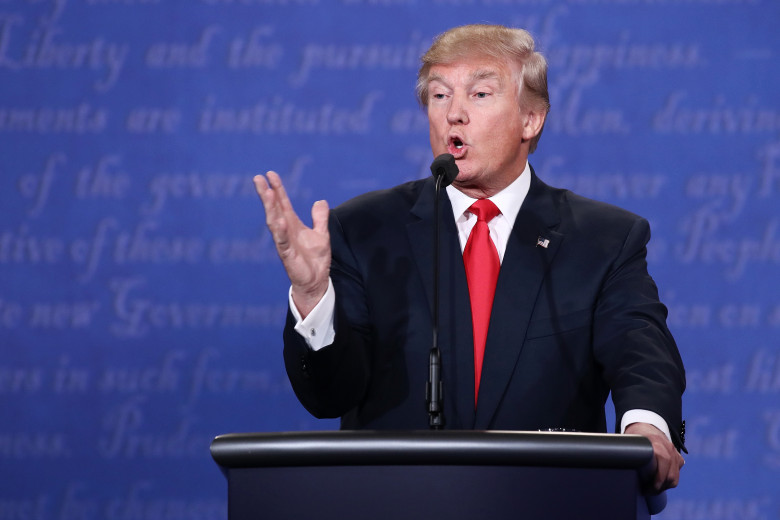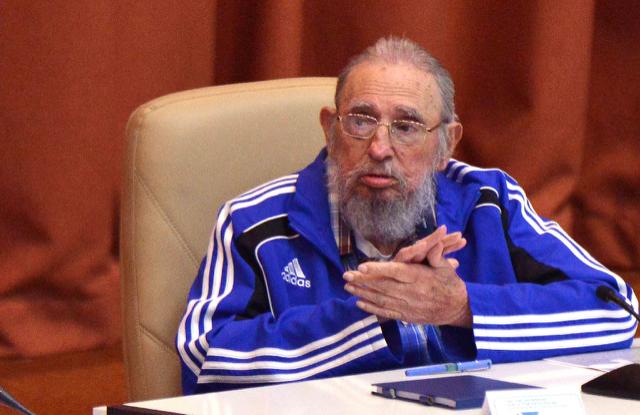
Miami (AFP) – The first US cruise ship bound for Cuba in half a century set sail from Florida on Sunday, marking a new milestone in the rapprochement between Washington and Havana.
The Adonia, a vessel from the Carnival cruise’s Fathom line, raised its anchors and departed from Miami, the heart of the Cuban diaspora in the United States, around 4:00 pm (2000 GMT).
The ship — with 700 passengers aboard — is scheduled to glide into the port of Havana on Monday, its first stop on the communist-run island.
“To be a part of truly making history and preparing for an even more positive future for everyone is one of the greatest honors any company can have,” Carnival Corporation chief executive Arnold Donald said.
The voyage is the first of what Carnival says will become weeklong cruises to Cuba twice a month, with the goal of promoting cultural exchange between the two countries following a warming of ties that began in December 2014 and culminated last year with the restoration of full diplomatic ties.
“Fathom offers a truly historic opportunity for travel to Cuba: a chance to help build new bridges to a rich and vibrant culture that, until now, most US travelers have only seen in photographs,” the cruise ship’s web page says.
Uncertainty over whether the cruise would take place cleared up only last week, when the Cuban government under Raul Castro lifted restrictions for seaborne visits of Cubans to and from the United States, opening a door for Cuban-Americans born on the island to board the ships.
Carnival initially refused to accept reservations from such people because of Cuban restrictions first imposed when the island’s Communist regime feared landings by anti-Castro militants.
The cruise line’s policy prompted charges of discrimination amid a firestorm of criticism.
Carnival, the world’s leading tour ship operator, eventually relented and began to allow reservations from Cuban-born customers. But its conditions to start the visits were for Cuba to allow its citizens to sail freely.
Cuba ultimately backed down after intense negotiations as part of the normalization process, which culminated in President Barack Obama’s visit to Cuba in March.
– ‘Always wanted to visit’ –
Lifting the restrictions only very recently limited the number of Cuban-born passengers on the cruise ship Sunday.
Among them was Isabel Buznego, 61, who left the island when she was five and was returning for the first time.
“My dad wanted to come because he had never been able to come, but he passed away,” she said. “So I’m coming in his name. That is why I have so many different emotions, but I am mostly happy.”
Another passenger, Regina Patterson, 58, from Delaware, said she wanted to travel on the cruise because it was historic.
“And it is a place I always wanted to visit,” she said of Cuba. “I want to see how they live, the music, what they eat, and shopping, shopping, shopping!”
Adonia has scheduled cultural activities in its ports of call in Havana, Cienfuegos and Santiago de Cuba, including meetings with artists, musicians and business owners, as well as dance classes and guided tours.
That is significant because full-scale regular US tourism to Cuba is still banned under the US trade embargo, which remains in force despite the diplomatic thaw.
For the time being, Americans can travel to communist Cuba only for cultural, academic, sports-related or religious events.
Carnival is the first cruise line company to win permission from both governments to offer trips, which ended after the Cuban revolution of 1959.
The cost of a ticket on the cruise ranges from $1,800 to $7,000 per person.
Regular flights from the United States to Cuba are expected to begin later this year.




